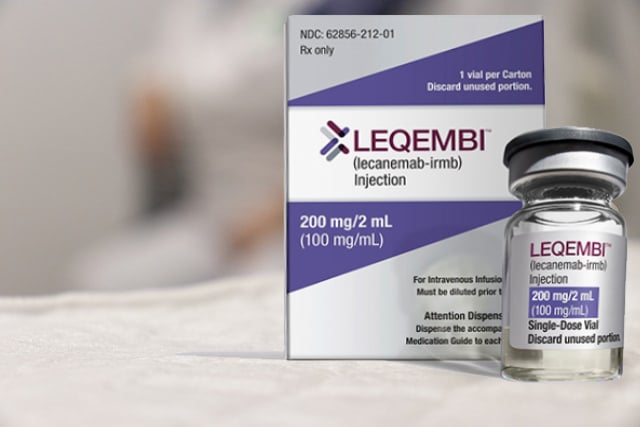European regulators rejected Lilly’s Kisunla citing the number of ARIA-related deaths in its Phase 3 trial. The company will look to appeal the decision.
On March 27th, the European Medicines Agency rejected Eli Lilly’s anti-amyloid drug Kisunla. Kisunla is currently approved in the U.S., Japan, and China. But in the EU, regulators argued that the small benefits of the drug, which are similar to Leqembi’s, were not large enough to “outweigh the risks of potentially fatal events” caused by brain swelling and small brain bleeds (ARIA).
The company plans to appeal the decision.
During the Phase 3 trial, three participants died because of ARIA. Lilly proposed restricting the drug to people with early Alzheimer’s who do not have ApoE4, a minority of the participants in the trial. But among them, there was still one death. Even in people without ApoE4, the regulatory agency felt approving the drug was too risky.
“In reaching its conclusion, the agency acknowledged the unmet medical need for treatment of Alzheimer’s disease and took into consideration the views of patients and healthcare professionals who shared their needs and experiences related to living with or treating the condition,” read the decision by the EU’s drug regulatory agency.
Dr. Nicolas Villain, a neurologist and associate professor of Neurology at Sorbonne University in France, told Being Patient that it was likely a close call for the regulators, as they weighed the deaths and serious side effects against the drug’s benefit.
“Low numbers can be influenced by random factors, and so it’s hard to make a definite decision on such a low number of events,” Villain said of this risk-benefit analysis. “Europe is already on the conservative side when making decisions about drug approval, so I’m not that surprised” that the drug was rejected.
Lilly has 15 days to appeal the decision. Villain speculated that Lilly might provide data from the TRAILBLAZER-ALZ 6 trial, which is testing whether lower doses of the drug reduce the rate of serious side effects. But he isn’t sure the trial has enough participants without any copies of the ApoE4 gene to reassure the regulators.
“We hope that through the re-examination process, we will be able to continue our discussions with the agency to bring donanemab to the millions of people across Europe suffering from this relentless, fatal disease,” said Ilya Yuffa, executive vice president and president of Lilly International.
Sometimes, these appeals yield different results: Last year, the EU regulatory agency changed its mind on Eisai and Biogen’s drug Leqembi — initially saying no, but eventually approving it for people without two copies of the ApoE4 gene.
More will be revealed. But in this case the agency has already stated it finds the risk of Kisunla side effects for people with no copies of the ApoE4 gene to be dangerously high.




